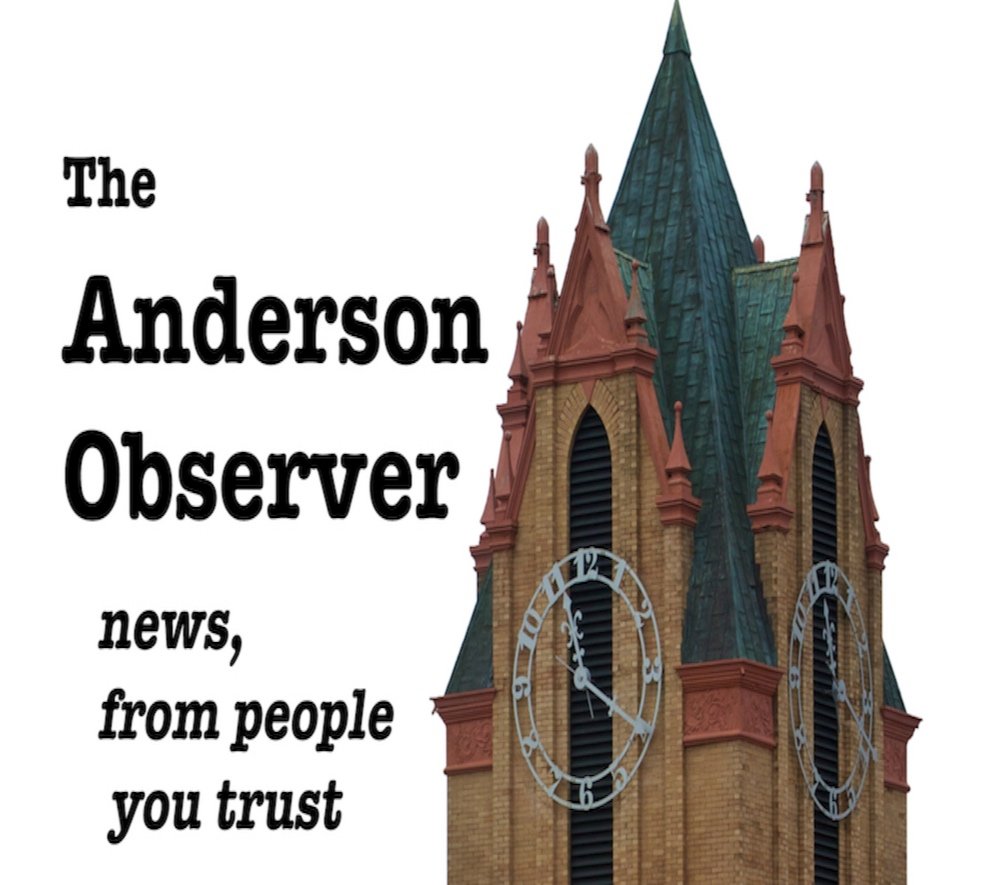Opinion: End Straight Ticket Voting, Partisan Council Elections
Greg Wilson/Anderson Observer
After yesterday’s general elections, a few modest changes might make the process both more American and truer to the spirit of elections.
But before that, a debt of gratitude is owed to the Anderson County Board of Registrations and Elections for their (once again) superlative efforts on election day as well as in early voting. The leadership in staff was courteous and patient and should be a model for other counties.
Meanwhile, here are a couple of proposed changes that would make elections better and more meaningful in South Carolina and in Anderson County:
The time has come for South Carolina to join most of the rest of the nation and jettison straight-ticket voting.
In yesterday’s general election, just over half of the votes cast in Anderson County were straight-ticket votes, 35,285 for Republicans and 10,700 for Democrats.
Such voting leads to the potential election of unqualified or questionable candidates because a voter pushes “R” or “D” instead of choosing the most qualified person for the office by name.
Allowing voters to choose a party’s entire slate of candidates with push of the button, without any reflection, does not resemble democracy.
S.C. is one of only six states that still offer straight-ticket voting. The others are Alabama, Indiana, Kentucky, Michigan, and Oklahoma.
The number of states offering the option has been declining in popularity over time, and election day is supposed to be about electing the best candidates, one who voters have chosen after some careful consideration.
Because incumbents benefit the most from straight-ticket voting, it's a tricky legislative issue, and there does not seem to be a groundswell of support for change in South Carolina. A bipartisan bill in the U.S. House in recent years to ban straight-ticket voting in federal elections has also failed to gain traction.
While we’re at it, why not also change all local elections to non-partisan? Anderson County Council has absolutely no reason to field partisan candidates since the council has no authority beyond the boundaries of the county. Bipartisan races for county council would open the field to those who might not have the time or funds to run a primary campaign in addition to a general election campaign. In states where one party dominates, such as S.C., it also means the primary is the de facto election, as was the case again this year.
There is time to consider this in the post-election recap. Let’s hope our newly elected leadership reviews these and other ideas to continue to make the process better and more meaningful.
